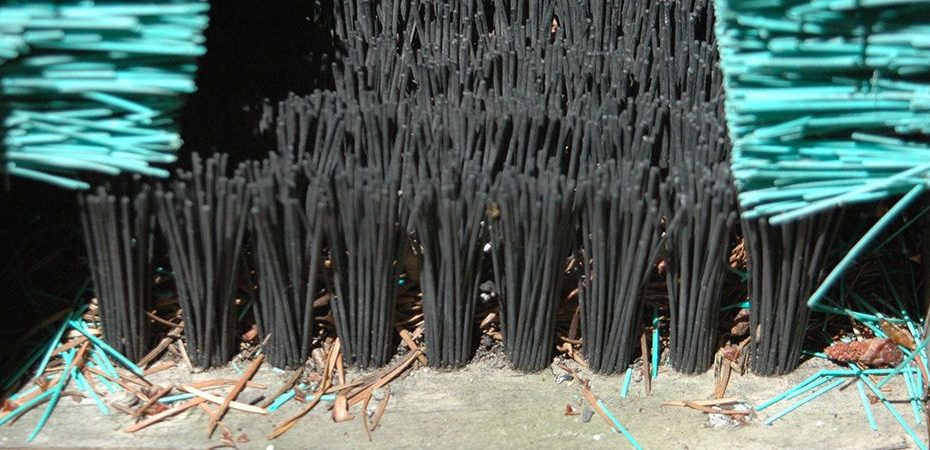Escaping the rush of everyday life is a welcome change, especially when it involves spending time outdoors. Hiking, camping, and walking my dog in local parks are some of my favorite ways to reconnect with nature. However, even these seemingly harmless activities can pose risks to biodiversity due to invasive species.
Invasive species are non-native plant and animal species that can overrun ecosystems by overtaking native species and disrupting food webs in the process. Once they have become established, they are difficult to control and spread quickly, partially because of human activity.
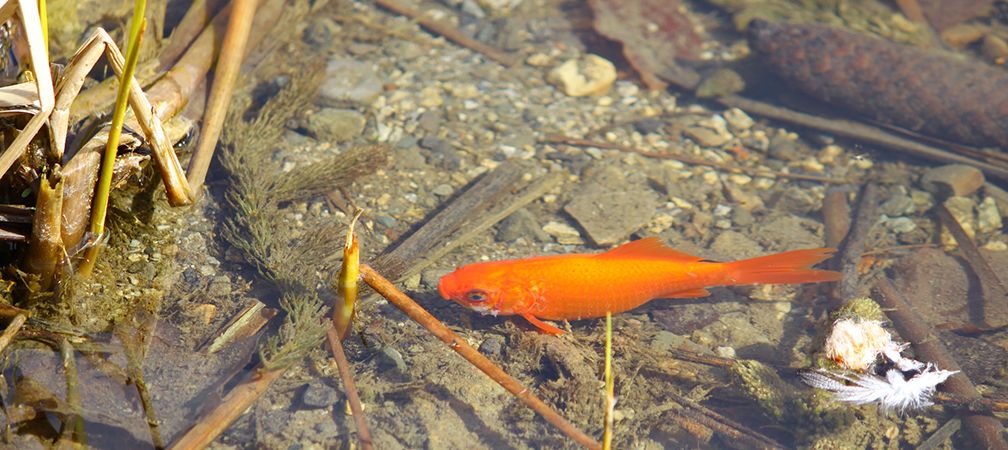
Even nature lovers with the best intentions can unknowingly spread invasive species. Below are some helpful dos and don’ts, as well as some basic tips to help you avoid spreading invasive species while enjoying nature.
Dos
- Clean field gear in between hikes. Seeds and spores from invasive species can transfer on to people and things, and then be carried between parks. By cleaning your shoes and gear with a brush or sanitizing footwear with a 3% bleach solution in between hikes, you can ensure that no species from your last hike make it to your next one.
- Buy and burn local firewood. There’s nothing better than a warm fire while camping, however some wood dwelling species such as the emerald ash borer beetle can infest ash trees and cause harm to the environment. By purchasing firewood locally and burning it in the region you bought it in, you can minimize the risk of spreading invasive species to new environments.
- Keep yourself and your pets on marked trails. This will keep you or your pet from accidentally depositing seeds and spores of invasive species in other areas.
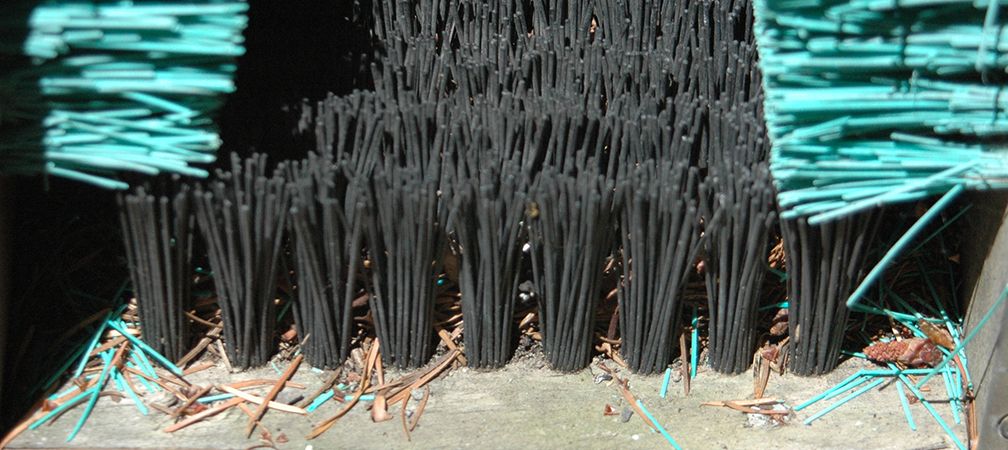
Dont’s
- Dump bait after fishing. Make sure you take your leftover bait out of the park. Dumping your bait into the soil at the park can lead to the spread of non-native worms and other invasive species.
- Release pets into the wild. Releasing pets such as goldfish or other exotic fish into local aquatic systems is harmful to the environment. Many invasive species have been introduced to local environments this way, which is not only dangerous and inhumane, but also illegal.
- Ignore invasive species. If you spot invasive species anywhere outdoors, report them. Consider calling the Ontario Federation of Anglers and Hunters’ Invading Species Hotline (1-800-563-7711) or use the EDDMapS Ontario website or app to report your sightings.
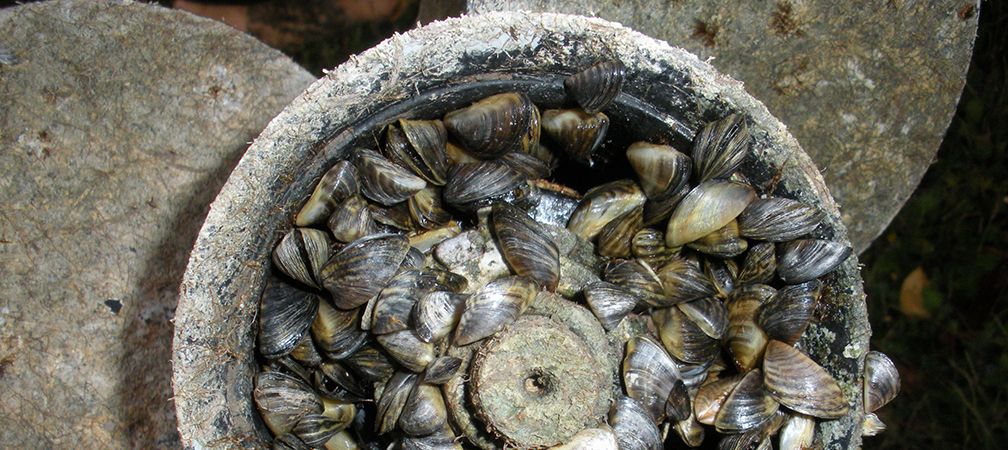
Tips to Stop the Spread
- Attend invasive species removal events. Invasive species often require a community effort to manage the problem. Many parks and local conservation authorities will host invasive species removal events to support efforts to get rid of the invasives. Volunteering your time at removal events is a great way to get involved in your community, prevent the spread of invasive species, and protect nature.
- Plant native species at home. Sometimes supporting the environment is as easy as adding one or two native plants to your own garden. This way you can support local biodiversity, such as native bees and butterflies.
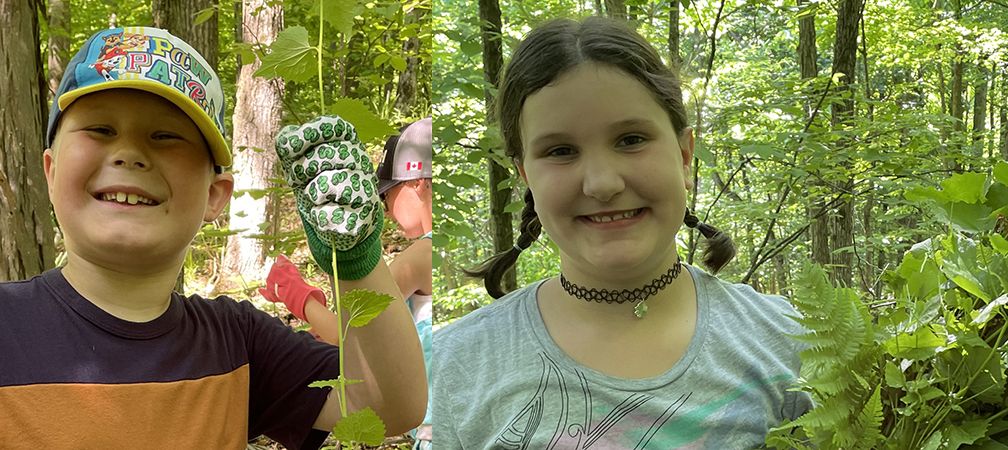
Next time you go outdoors to enjoy the beauty of nature, keep these tips in mind.
To learn more about efforts to prevent invasive species in the province visit the Invasive Species Center.
Resources
Rethinking sea lamprey control, ON Nature, Spring 2016
Fool’s Gold, Feature, ON Nature, Summer 2020
Killer Weed, Feature, ON Nature, Winter 2017
Foreign bodies, ON Nature, Spring 2010
Invasive Species Running Hog Wild, ON Nature, Summer 2019
A Nature Viewer’s Code of Ethics: Do’s and Don’ts, Blog
